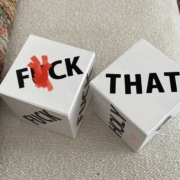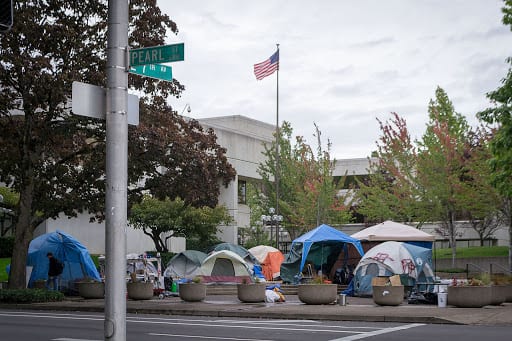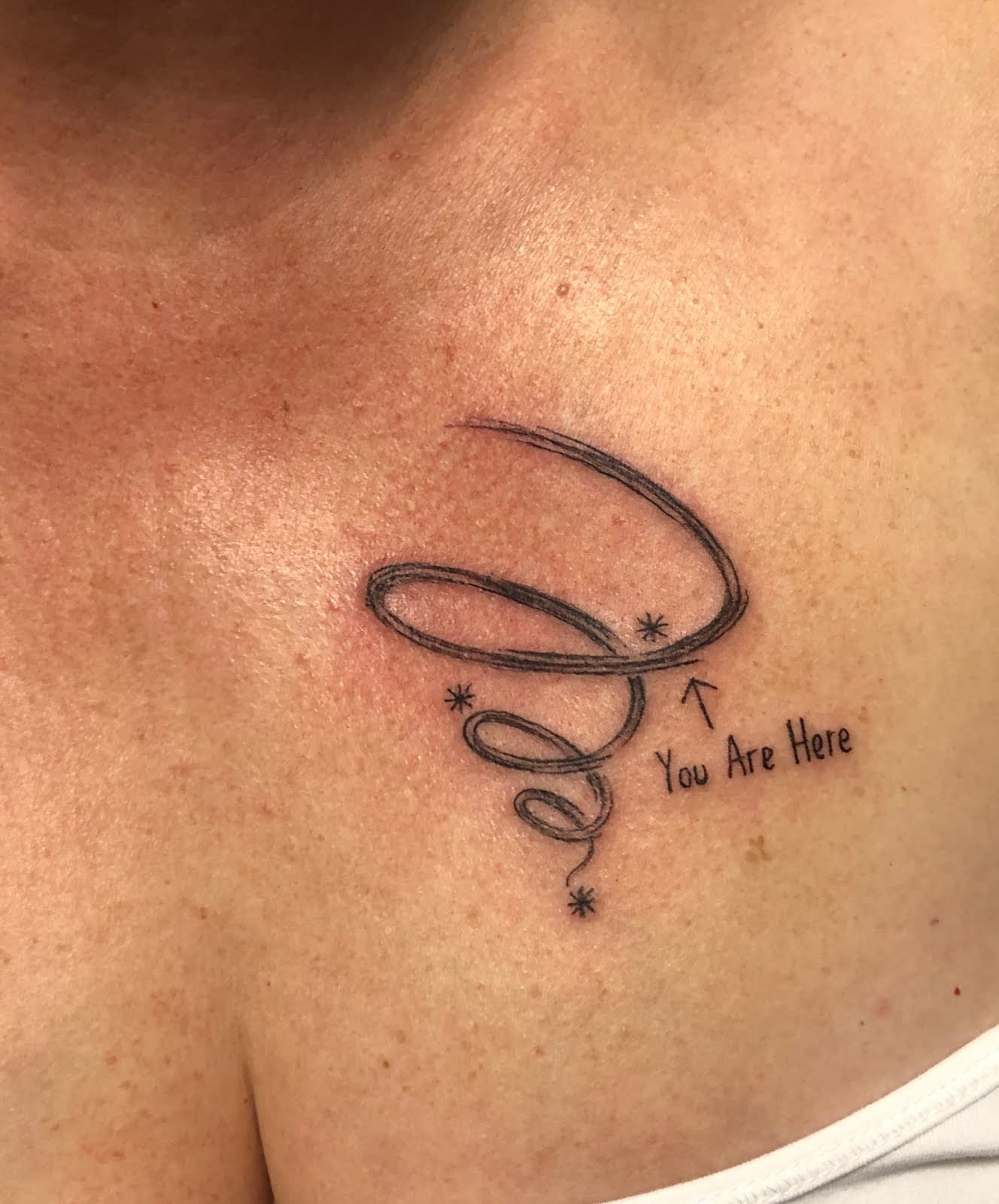
For the last six months or so, I’ve watched with increasing discomfort as social media posts telling people to get vaccinated against Covid and vilifying people who are choosing not to vaccinate fill my feed. Some of them are brief and to the point “Wear your damn mask and get your shot!” and others are full-on rants about ignorant people or angry missives that are full of sarcasm and othering language. There are folks who post polls asking their followers and contacts whether or not they’ve been vaccinated and links to videos mocking the people who choose not to, and so far, I’ve mostly resisted commenting on any of them or posting anything I think might come off as me joining the fray. Frankly, it has meant that my social media use is vastly curtailed (which isn’t necessarily a bad thing – just sayin’…)
I have remained curious about my level of discomfort, trying to tease out where it hits me and why. While it’s easy for me to agree with the observations that part of our downfall is our lack of collective consciousness, it has still been difficult to reconcile the nastiness and othering that comes with “yelling” at people to get vaccinated for “the greater good.”
This morning as I walked on the beach, part of the puzzle seemed to come together in my head, thanks to a text exchange I had with a dear friend about the horrific scenes unfolding in Afghanistan.
She texted that she feels overwhelmed with all of the crises in the world and yet she also believes that it isn’t ok to “look away.” It is so hard to know what we can do to help the people who are suffering right now in ways we can’t even imagine. I talked to her about a group I’m involved with who has spent the last seven days lighting candles, raising money, and holding vigil for an Afghani couple who is trying to flee the country. Within that group, as things got worse and worse, we had the conversation about whether what we were doing was enough. Helping one family versus an entire nation. Given that, last night, that one couple managed to get on a plane to safety, it seems that we are helping, even in some small way. But, it turns out, that isn’t even really the point, and this is where the puzzle pieces began to fall into place.
What we have done in the last seven days is build community. We have forged relationships – not only among ourselves (a group of people that are scattered across the Western world), but with this Afghani couple and their family members. We have created a space where we come together in solidarity to try and alleviate some suffering. We have helped each other when it became hard to hold that space because it triggered our own trauma and fear and, it turns out, we gave this couple hope as they sat in a hot, jam-packed airport with gunfire and violence playing out outside, not knowing whether they would manage to get on a plane or be sent back to their homes.
It is a very Western, white-people thing to want to find The Solution. To invoke power structures to identify The Problem, create Rules and Mandates, and use power to impose them to Fix It. And while this is somewhat effective, what it doesn’t do is create community. There will never be a set of mandates that will convince us that we belong to each other.
It is a very Western, white-people thing to want to find The Solution. To invoke power structures to identify The Problem, create Rules and Mandates, and use power to impose them to Fix It. And while this is somewhat effective, what it doesn’t do is create community. There will never be a set of mandates that will convince us that we belong to each other. There will never be laws or rules that teach us that we are safe with each other and that we matter to someone else. Those things don’t build relationship and they don’t cultivate safety in the way that human beings need to feel safe. We white folks like rules and power because it makes us feel safe, but that is an illusion. When we think we are in control of a situation, we tend to relax a bit, but only a bit, because there is always the chance that someone with more power will come along and knock us off kilter and take control.
When we build relationship, by truly creating spaces where we feel safe with one another, we create community and a sense of shared well-being. That is why the physicians who take the time to listen to each individual concern about vaccine risks and acknowledge the fears of their patients can often have an impact on their choices. Playing on someone’s fears can be an effective way to change their behavior short-term, but you risk another, bigger fear coming along to usurp that one you cultivated. And even if you can change someone’s behavior, you can’t change their values by scaring them or forcing them to do something they don’t want to do.
We all want to belong, to feel safe with others, and to be part of something bigger than ourselves, but you can’t mandate that. Focusing on enforcement rather than relationship is where we white Westerners have gone wrong for hundreds of years. The social media posts that mock or shame other people destroy the potential for connection, even as they rack up ‘likes’ from people who agree with them. Those likes can make you feel righteous, but they aren’t going to convince anyone to care about the collective. Caring about the collective comes from feeling as though you are an integral part of it, and that comes through kindness and curiosity and trust-building.





